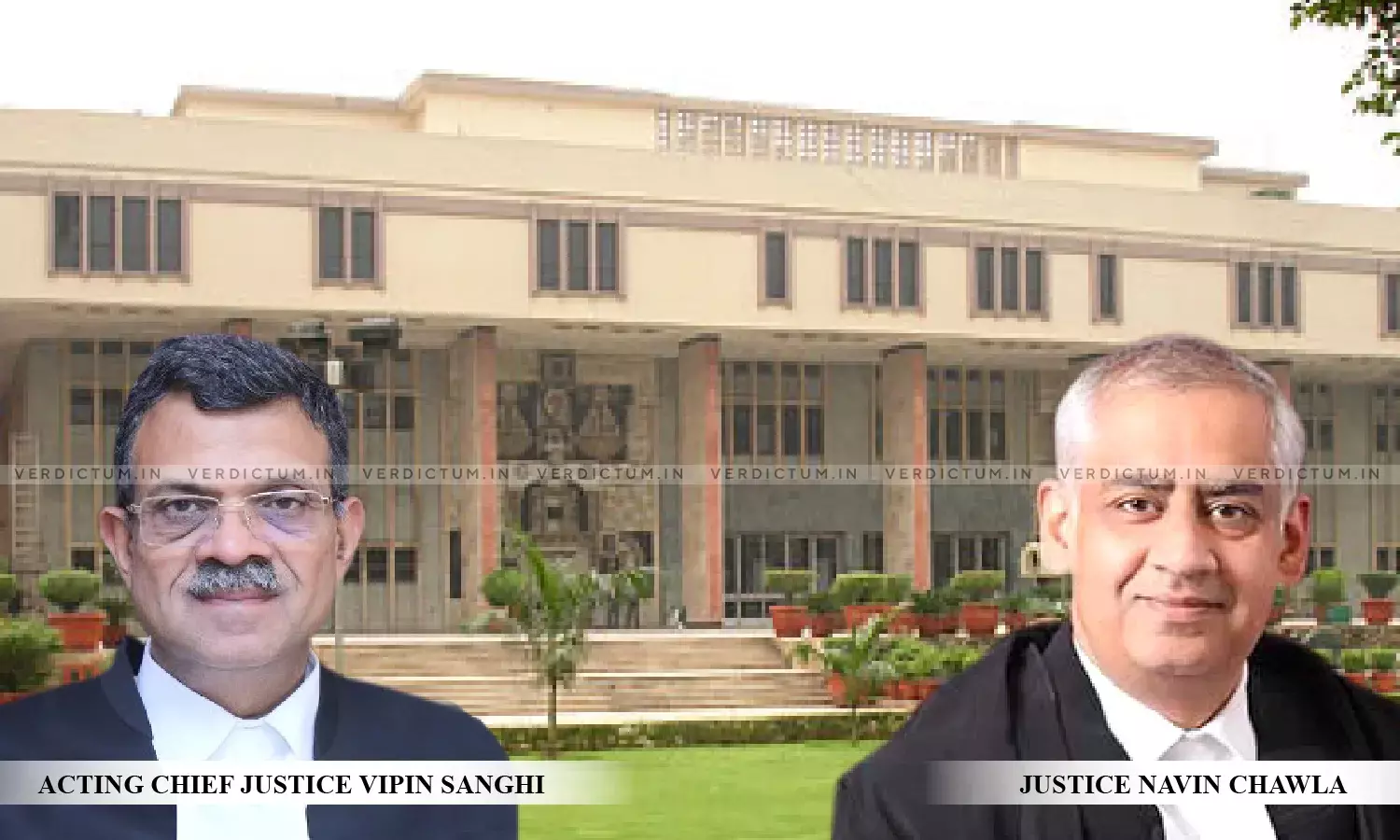Delhi HC Refuses Interim Relief In Plea Against Allotment Of Waqf Graveyard To ITBP

The Delhi High Court on Wednesday refused to interfere with the Centre's decision on the allotment of a graveyard allegedly owned by the Delhi Waqf Board to the Indo Tibetan Border Police (ITBP), saying that it is not uncommon for graves to be shifted when they cause any obstruction in development activity.
A Bench of Acting Chief Justice Vipin Sanghi and Justice Navin Chawla said that it was not inclined to interfere with the Single Judge's order declining to grant the interim relief of stay to the Delhi Waqf Board in relation to the construction activity on the plot and noted that the rights of the Board have been protected.
On March 9, the Single Judge, while dealing with the Board's petition against the Centre's move to re-consider the de-listing of 123 Waqf properties, had held that there was no ground to grant a stay and observed that the property was allotted to the ITBP sometime in 2017 and in case the Board succeeds in the present proceedings, the allotment can be cancelled.
"The land is presently in the possession of a Central Para Military Force and thus under the control of the Union Government. It is therefore not a case where the subject land has been fettered away or alienated so as to cause irreparable loss or injury. In any case if the petitioner were to ultimately succeed in the writ petition, appropriate directions for restitution can always be framed if circumstances were to so warrant", the Single Judge had held while refusing interim relief to the Board.
"We are not inclined to interfere as the same is an interim order and the appellant's rights have been protected," said the Division Bench while hearing the Board's appeal against the order.
"It is not uncommon for the graves to be shifted when they cause any obstruction in development activity," observed the Court.
The Court further asked the appellant, represented by Senior Advocate Sanjoy Ghose, to argue and seek the relief in relation to their case before the Single Judge himself.
The Delhi Waqf Board had moved the high court earlier this year following the constitution of a two-member committee by the Centre to consider the de-listing of 123 Waqf properties even after a report was submitted by a one-member committee on the same issue in 2017.
Before the Single Judge, the Delhi Waqf Board had contended that once its properties have been de-listed in 2014 under the Right to Fair Compensation and Transparency in Land Acquisition, Rehabilitation and Resettlement Act, 2013, there is no provision under the law for recalling the order of withdrawal from the acquisition.
The petition had further said the two-member committee is the second such committee appointed by the Centre to re-examine the status of the 123 properties after the one-member committee was formed and emphasised that in the meantime, the Centre transferred one of them in favour of the Indo Tibetan Border Police.
The whole malafide purpose of appointment of Committee after Committee is to maintain confusion in respect of the title of the petitioner with regard to these waqf properties Taking advantage of this, the Union of India has transferred a portion of Waqf land comprised in Khasra no. 484, QadeemiQabistan, Village South Inderpat, Mathura Road-the waqf property mentioned at serial no. 8 of the first list of de-notified waqf properties-to 'Indo Tibetan Border Police', the petition had contended.
With PTI inputs

